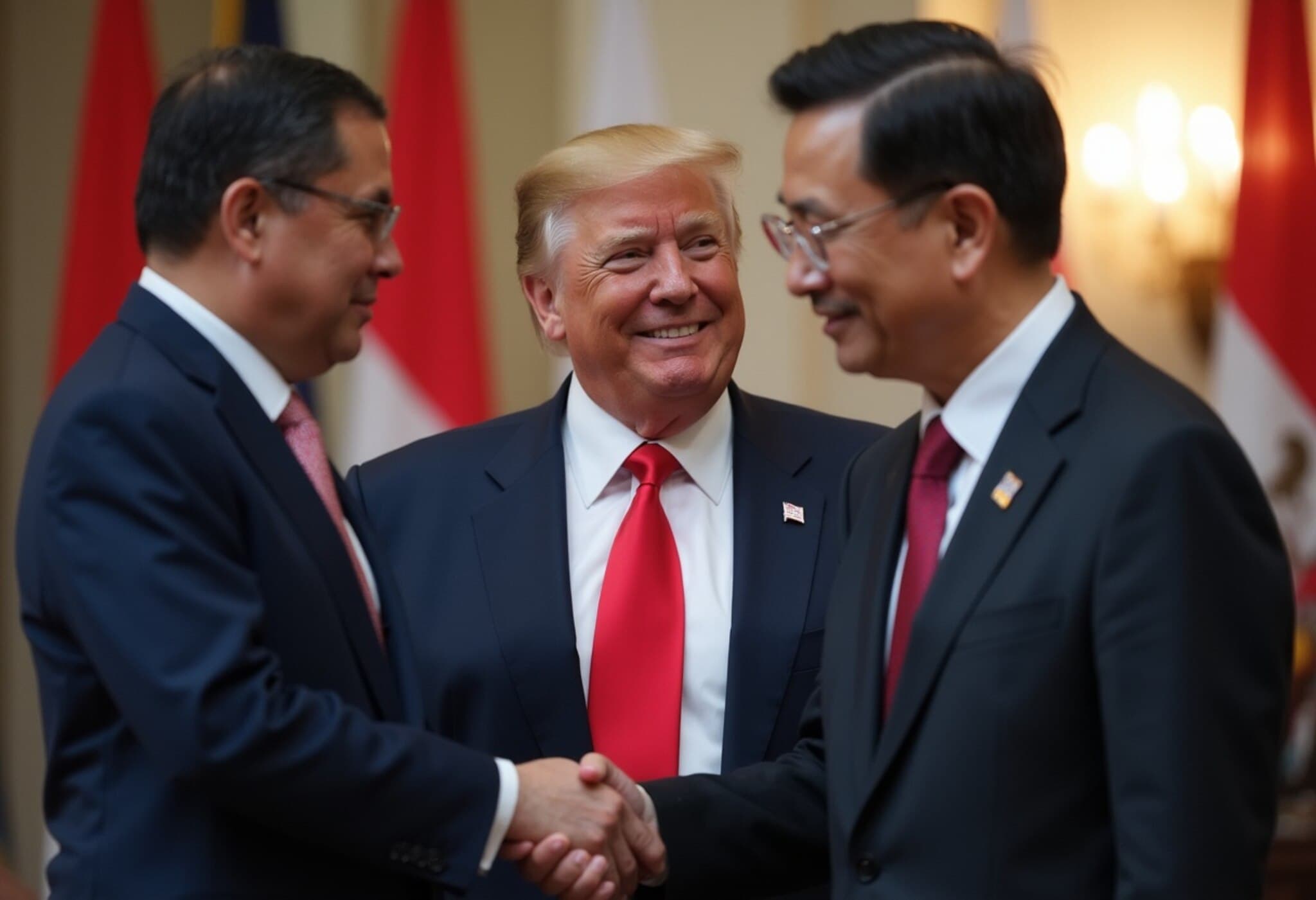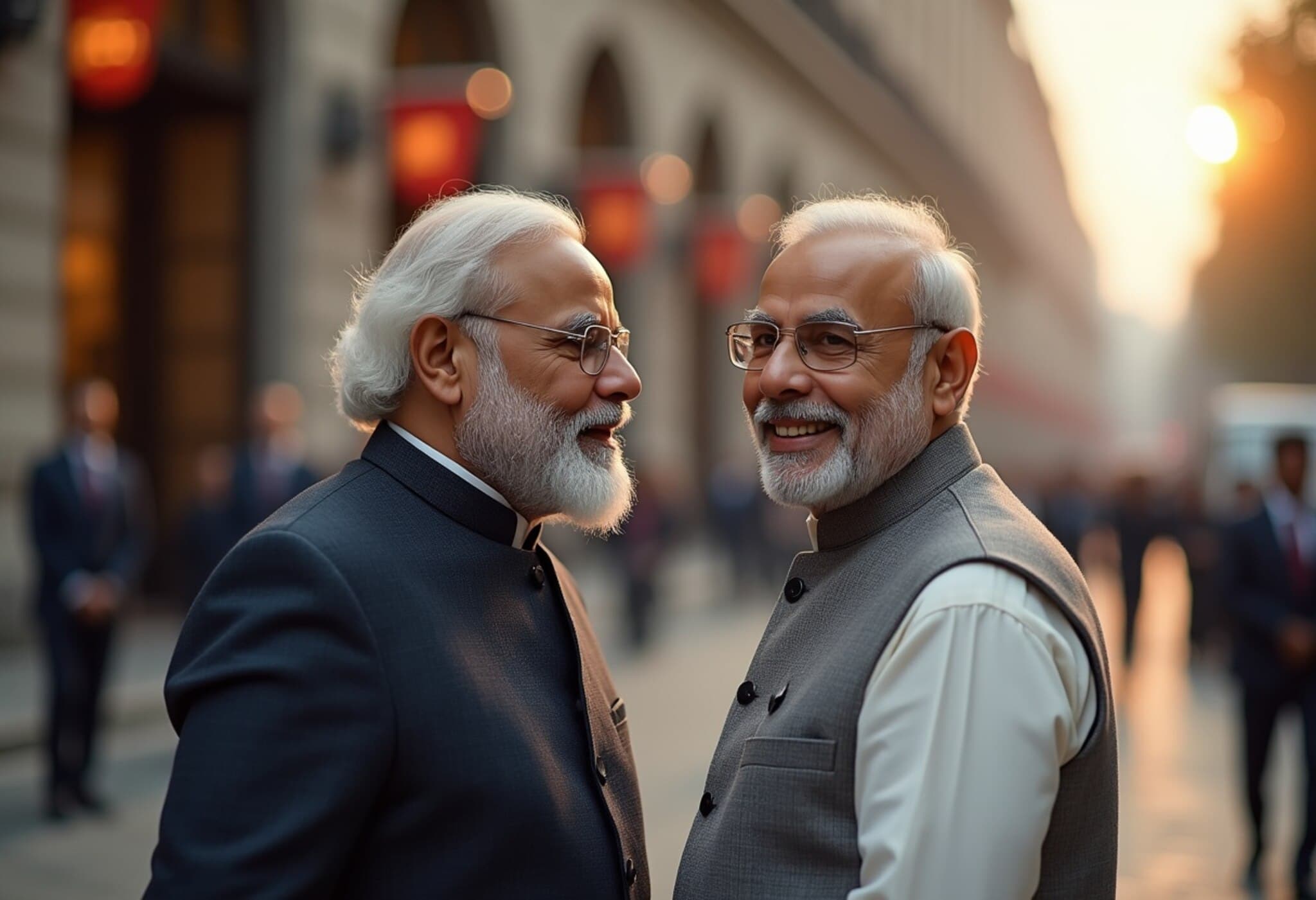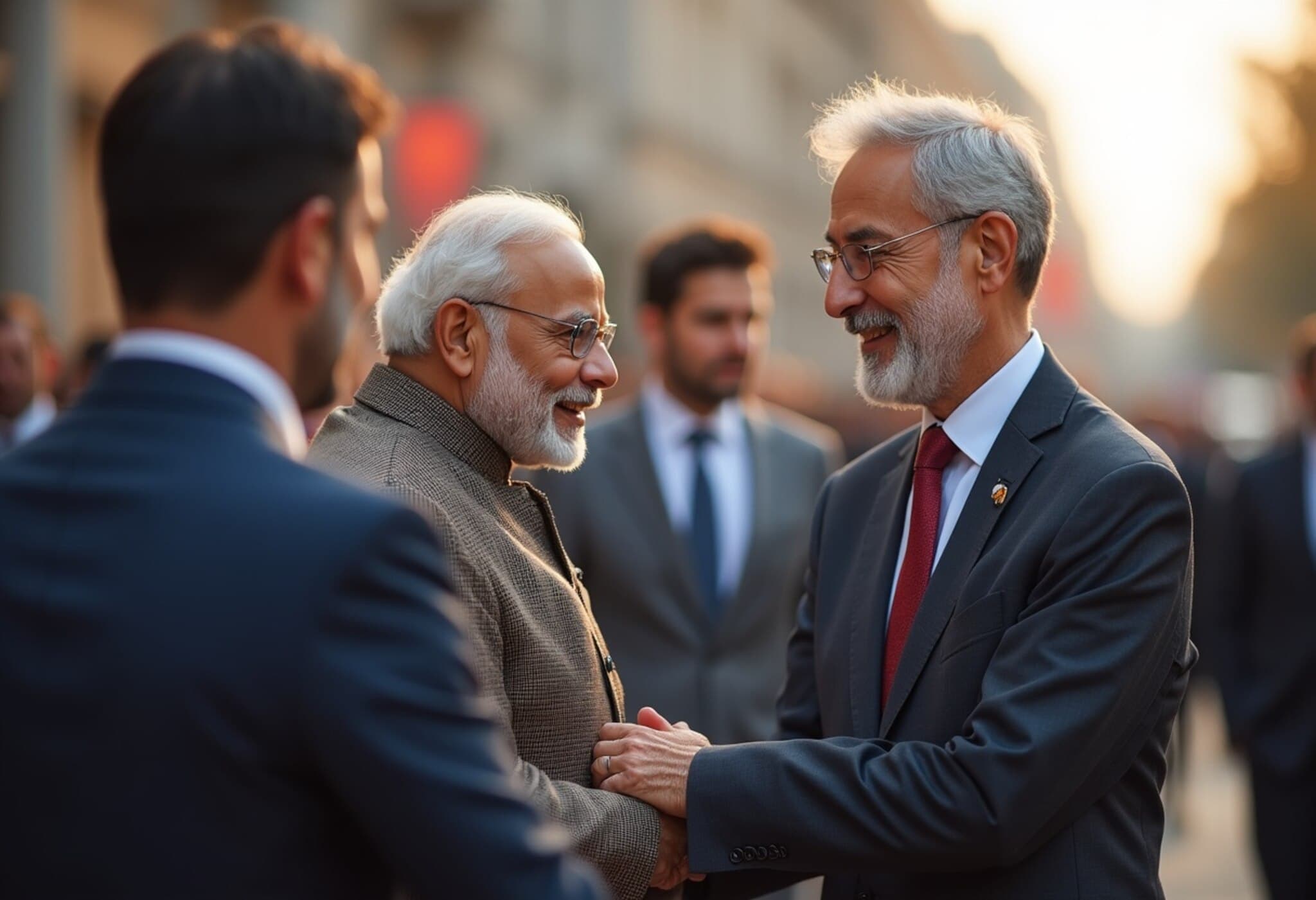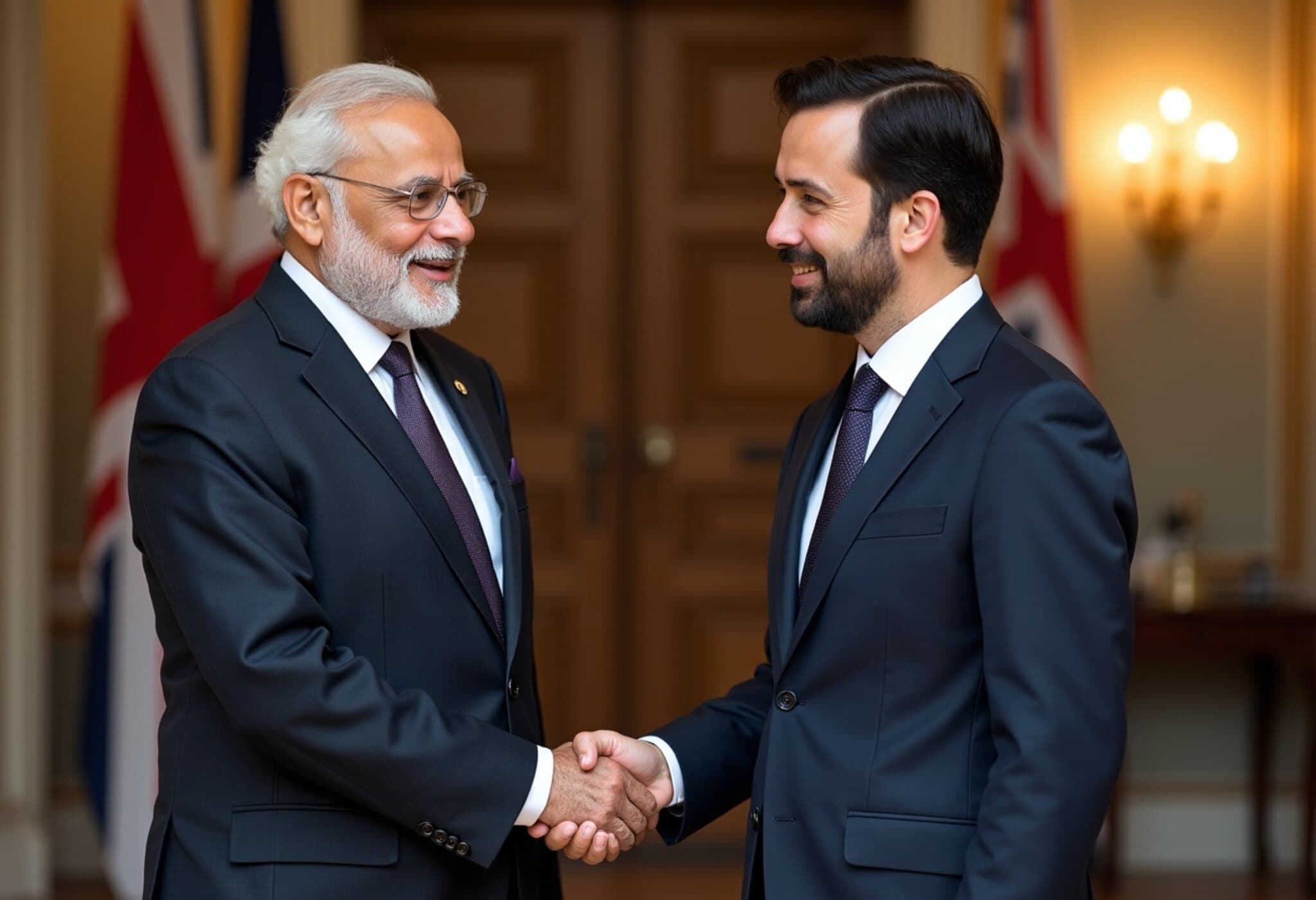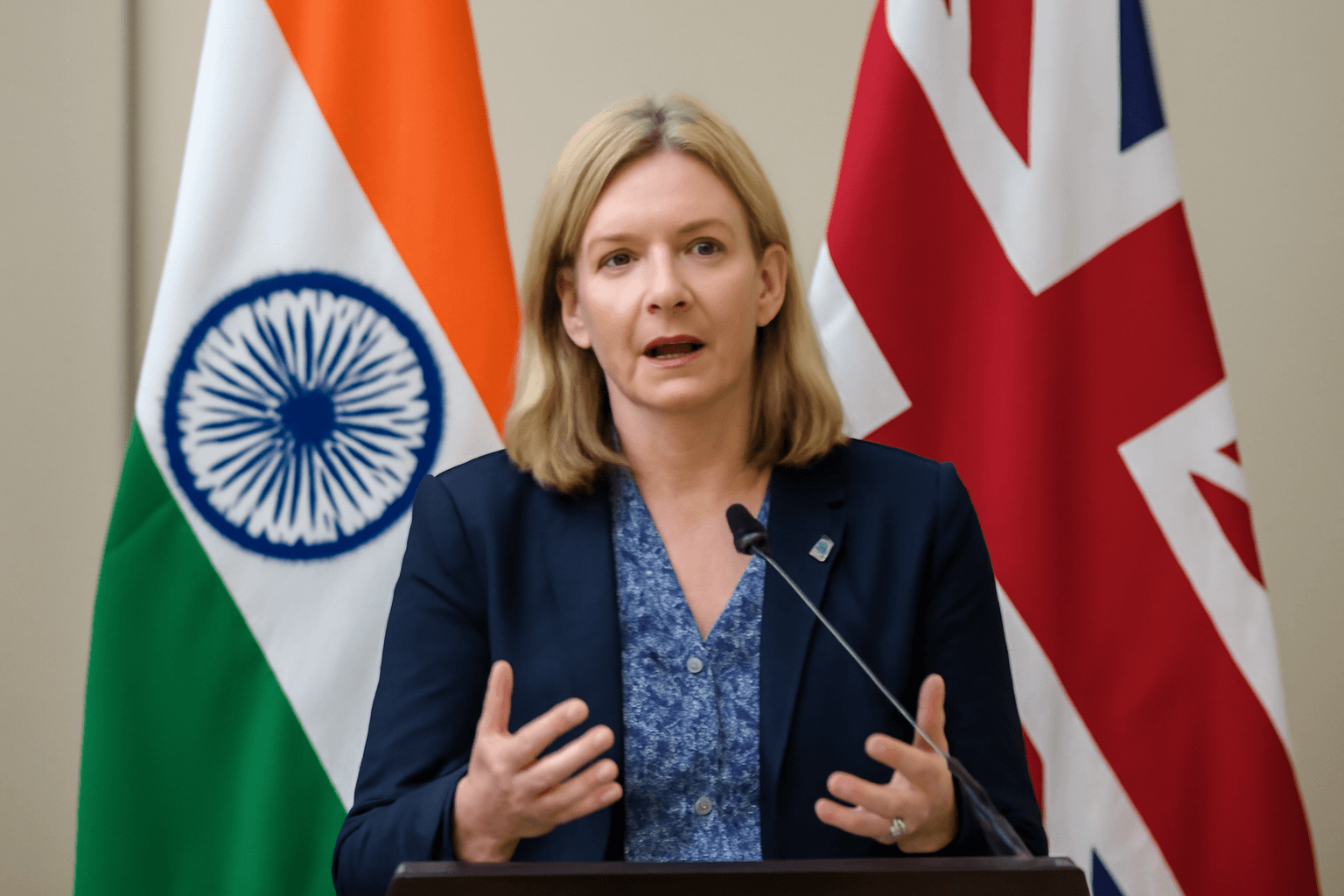India-UK Free Trade Agreement: A Balancing Act for Farmers and Trade
On July 24, 2025, India and the United Kingdom inked a landmark Free Trade Agreement (FTA) designed to significantly enhance bilateral trade while safeguarding the interests of India's domestic agricultural sector.
Zero Duties on Majority of Agricultural Products
The agreement marks a substantial liberalization, with zero tariffs on 95% of agricultural and processed food items that India exports to the UK. This includes staples and high-value products such as turmeric, pepper, cardamom, mango pulp, pickles, pulses, shrimp, and tuna. By reducing tariffs on these key exports, India aims to tap into the lucrative UK market and bolster farmers' incomes.
Targeted Protection for Sensitive Commodities
Importantly, the FTA carves out exceptions for select commodities critical to Indian farmers' livelihoods, including dairy products, apples, edible oils, and oats — all of which remain shielded from tariff concessions. This decision reflects a keen awareness of the sensitivity surrounding these sectors, where sudden tariff cuts could disrupt local markets and farmer welfare.
Opening UK Markets for Emerging Indian Products
The FTA is also designed to foster growth in emerging markets for non-traditional agricultural products like jackfruit, millets, and organic herbs. India's rich biodiversity and traditional foods find a promising opportunity on British shelves, aided by preferential trade terms that reduce landed costs.
Enhancing the Blue Economy and Marine Exports
Seafood exporters stand to benefit substantially; 99% of Indian marine exports like shrimp, tuna, fishmeal, and feed will now enter the UK duty-free. Given that the UK imports around USD 5.4 billion in marine products but India’s share hovers at just 2.25%, the FTA opens a sizeable gap for growth in this underutilized sector.
Boosting High-Margin Branded and Geographical Indication Products
Besides bulk commodities, Indian branded products, including coffee, tea, spices, and crafted beverages like Goan feni and Nashik wines, will gain enhanced access with zero tariffs and Geographical Indication (GI) protection. These measures will allow Indian regional specialties to compete robustly against European exports and gain premium shelf space in the UK.
Regional Impact Across Indian States
The agreement is projected to generate benefits for farmers across various states:
- Maharashtra: Grapes and onions
- Gujarat: Groundnut and cotton
- Punjab and Haryana: Basmati rice
- Kerala: Spices
- Northeast India: Horticultural products
By targeting diverse products from distinct regions, the FTA supports inclusive agricultural growth.
Economic and Strategic Impact
India currently exports only USD 811 million worth of agricultural goods to the UK, which imports about USD 37.52 billion in agriculture products globally. This significant imbalance highlights the export potential unlocked by the FTA. Officials anticipate a more than 20% increase in agricultural exports over the next three years, positioning India on track to meet its ambitious goal of USD 100 billion in agri-exports by 2030.
Additionally, the agreement strengthens India’s broader food processing sector, a vibrant segment exporting USD 14.07 billion worth of products annually. With UK imports of processed food valued at USD 50.68 billion but Indian products accounting for only USD 309.5 million, the FTA offers a pathway to expand market share.
Expert Insight: Navigating Global Trade and Farmer Welfare
The nuanced balance between market opening and protecting sensitive commodities underscores India’s careful diplomacy in trade negotiations. Experts note that while liberalization can stimulate growth, safeguarding sectors vulnerable to import shocks is vital to prevent socio-economic distress, especially in rural areas where dairy and edible oils form a livelihood backbone.
Furthermore, the emphasis on GI protection and promotion of heritage products aligns with global consumer trends favoring authenticity and regional distinctiveness, potentially elevating Indian exports from mere commodities to celebrated brands.
Conclusion
India’s pact with the UK represents a strategic move to deepen trade ties while pragmatically safeguarding domestic agricultural priorities. By unlocking access to a premium market, the FTA promises to catalyze export growth, enhance farmer incomes, and diversify India’s agri-export basket, all while maintaining essential protections for sensitive crops.
Editor’s Note:
This Free Trade Agreement exemplifies the complex interplay between globalization and local economies. Readers might consider:
- How will Indian farmers adapt to increased competition both domestically and internationally?
- What measures will be implemented to support sectors excluded from tariff concessions?
- How will the rise in agri-exports influence food security and rural livelihoods?
Monitoring the FTA’s implementation and impact offers critical insights into India's evolving role in global agricultural trade.


